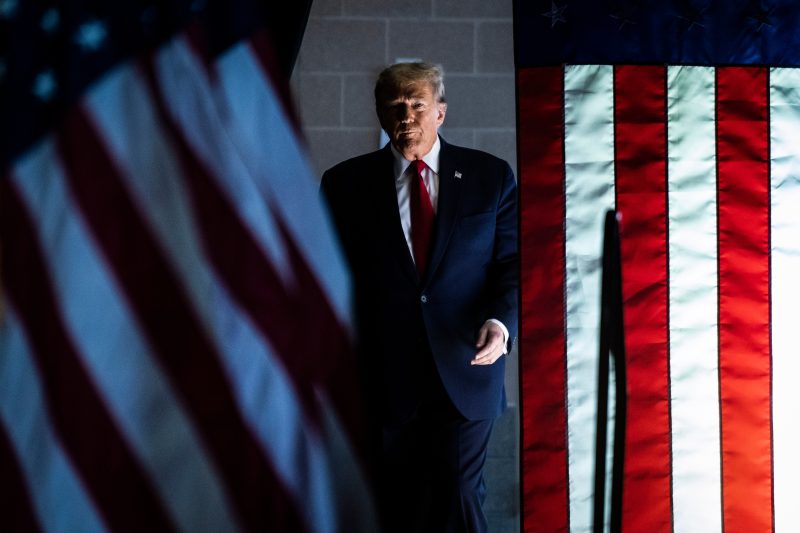In recent times, there has been a noticeable shift in the dynamics between the executive and judicial branches of the United States government. President Donald Trump’s increasing frustration and anger towards the courts have caused tremors that resonate beyond just his administration. These developments have the potential to upend traditional approaches to judicial issues and lead to unforeseen consequences in the realm of governance and the rule of law.
One of the critical elements of a functional democracy is the system of checks and balances. The judiciary plays a vital role in ensuring that the executive branch does not overstep its authority and that the Constitution is upheld. However, President Trump’s public outbursts and criticisms of judges and court decisions have strained this delicate balance. By attacking the judiciary, Trump is not only undermining its authority but also eroding public trust in the legal system.
Furthermore, Trump’s approach to judicial issues has raised concerns about the independence of the judiciary. The President’s open disdain for judges who rule against his policies and his attempts to delegitimize their decisions have prompted accusations of political interference in the judiciary. This is a dangerous precedent that could have long-term implications for the separation of powers in the United States.
The fraying alliances between Trump and the courts have also exposed underlying tensions within the Republican Party. Some conservative legal scholars and judges have expressed unease with the President’s attacks on the judiciary, viewing them as a threat to the rule of law and the integrity of the legal system. This internal dissent could lead to fractures within the conservative legal community and reshape the party’s approach to judicial nominations and appointments.
Moreover, Trump’s confrontational stance towards the courts has sparked debates about the future of judicial activism and the role of the judiciary in shaping public policy. While some argue that judicial activism is necessary to protect individual rights and hold the government accountable, others fear that an overly activist judiciary could undermine democratic principles and disrupt the balance of power between the branches of government.
In conclusion, President Trump’s anger at the courts and his frayed alliances with the judiciary have the potential to reshape the landscape of judicial issues in the United States. By undermining the traditional norms of respect for the judiciary and the rule of law, Trump is setting a dangerous precedent that could have far-reaching consequences for the country’s governance and the integrity of its legal system. It remains to be seen how these tensions will play out in the long run and what impact they will have on the future of the judiciary in America.
